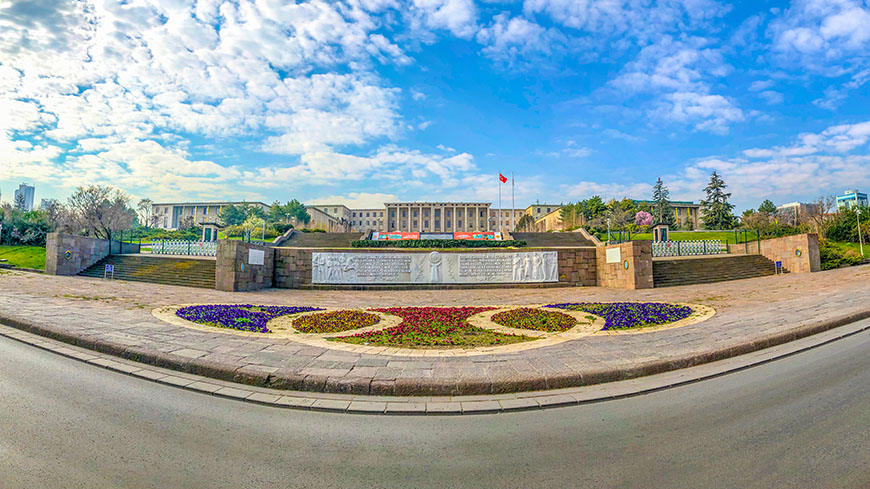In its first report on Turkey, the Council of Europe’s Group of Experts on Action against Trafficking in Human Beings (GRETA) commends the adoption of relevant legislation and regulations, the setting up of co-ordinating and specialised structures, and the provision of training to relevant professionals.
However, the report also highlights gaps, such as the absence of a national anti-trafficking action plan, and the fact that civil society is not sufficiently involved in the planning, implementing and evaluating of national anti-trafficking policies.
Further, GRETA calls on the authorities to launch awareness-raising campaigns regarding human trafficking for different forms of exploitation, and to strengthen efforts to discourage demand for the services of trafficked persons.
GRETA notes that in practice, the majority of victims of trafficking have been identified by immigration officials after being placed in removal centres. GRETA urges the Turkish authorities to improve victim identification by promoting a multi-agency approach, involving specialised NGOs, social workers, labour inspectors, child protection specialists and health-care staff. It also stresses the need for proactive identification of victims of trafficking for the purpose of labour exploitation.
The report states that the great majority of trafficking victims are returned to their countries of origin soon after being identified, without benefiting from the 30-day recovery and reflection period, and do not have the possibility to take part in investigations and court trials.
GRETA is seriously concerned by the limited accommodation capacity of specialised shelters for victims of trafficking and urges the Turkish authorities to provide appropriate and safe accommodation with a sufficient number of places for victims of trafficking - women, men and children - and to facilitate their social inclusion.
Despite the existence of legal possibilities for victims of trafficking to claim compensation from the perpetrators, no information is available on such compensation being granted and there is no provision for State compensation. Consequently, GRETA urges the Turkish authorities to adopt measures to facilitate and guarantee access to compensation for victims of trafficking.
The available statistics indicate a high proportion of acquittals in human trafficking cases. GRETA urges the Turkish authorities to prioritise the identification of gaps in the investigation procedure and the prosecution of trafficking cases with a view to ensuring effective, proportionate and dissuasive convictions, to systematically carry out financial investigations into human trafficking cases, and to improve the possibilities for victims to participate in court proceedings.
International co-operation should also be improved, according to the report, in order to successfully investigate cases of transnational human trafficking and ensure that the return of victims respects their rights, safety and dignity.
GRETA’s report has been published together with the comments of the Turkish authorities.



